Top 10 Polish Culture, Customs and Etiquette
Should you remove your shoes when visiting friends? Should you greet those on elevators with a smile? When thinking about the dos and don'ts in your own ... read more...nation, these questions might not seem like the most obvious ones, but things that you might not even consider at home can have a major impact abroad. Here is a list of Polish Culture, Customs and Etiquette.
-
Polish culture and religion are closely entwined and play a significant role in Polish society. National holidays are days when most companies are closed because of religious holidays. Christmas is the most significant holiday, and festivities last for two and a half days. A thin white wafer (oplatek), known in Polish as "dzielenie oplatkiem," is broken and shared with the entire family.
People exchange good health and success wishes for the upcoming year as they share the wafer. This is a very important component of Polish culture and is frequently done at office Christmas parties. The religious celebration known as All Saints' Day, which falls on November 1st, is also noteworthy.
On this day, Poles pay respects to their departed loved ones by visiting cemeteries. The religion that is most generally practiced is Catholicism. The religion has an impact on major life events like marriage, baptism, death, first communion, and confirmation.

https://en.wikipedia.org/ 
https://eastern-poland.eu/ -
The social system is centered around the family. The family is one's first and main responsibility. An individual's social network is largely formed by their extended families, which are still the norm. Between their own circle and outsiders, Poles erect a line. Naturally, intimate friends and "family friends" are included in the inner circle along with family members.
Poles will behave differently around their friends and family and with strangers. The foundation of a person's social and professional network is their inner circle. One can count on the members of the inner circle to provide advise, assist in finding employment, navigate bureaucracy, or even help rent an apartment. Extending favors and employing contacts to make things happen are done according to a complex protocol.

https://ciaobambino.com/ 
https://carlynkphotography.com/ -
It is customary to provide a small gift for the hostess when you visit a Polish home, such as flowers, chocolates, candies, or wine. Birthdays, name days (the anniversary of the saint they are named after), and Christmas are other occasions for presenting gifts.
Birthdays, name days (the date of the saint after whom they are named), and Christmas are the customary occasions for presenting gifts. Here are some general rules for gift-giving: Avoid giving extravagant presents since they could make the recipient feel bad.
To celebrate their name day, employees bring cake and champagne to the workplace. Giving little gifts to service providers like postal employees and trash collectors throughout the holiday season is customary. Bring wine, flowers, pastries, or sweets for the hostess if you are invited to a Pole's home for supper.
Give flowers in odd numbers. Chrysanthemums in the color yellow are not appropriate as funeral flowers. Give no red or white flowers, especially lilies and carnations. Gifts are typically unwrapped right away.
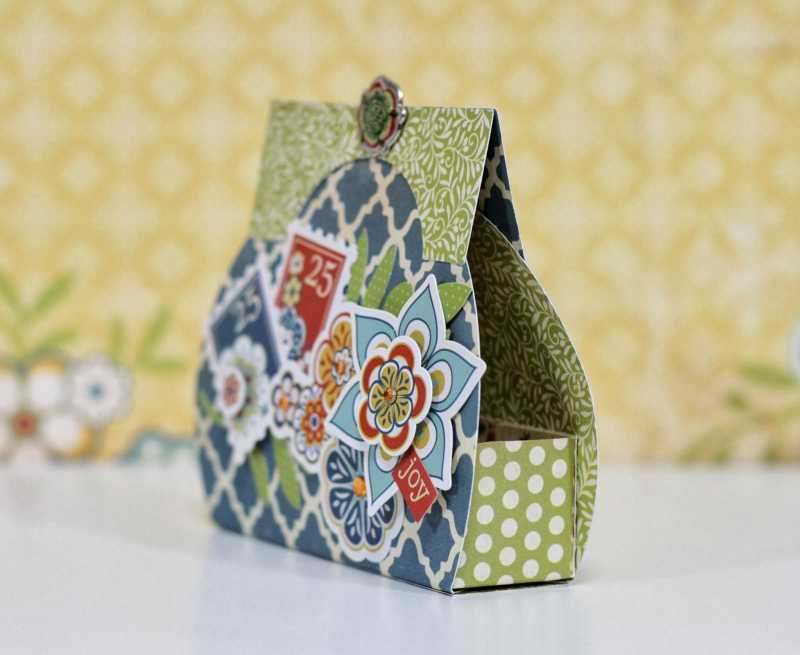
https://www.pinterest.com/ 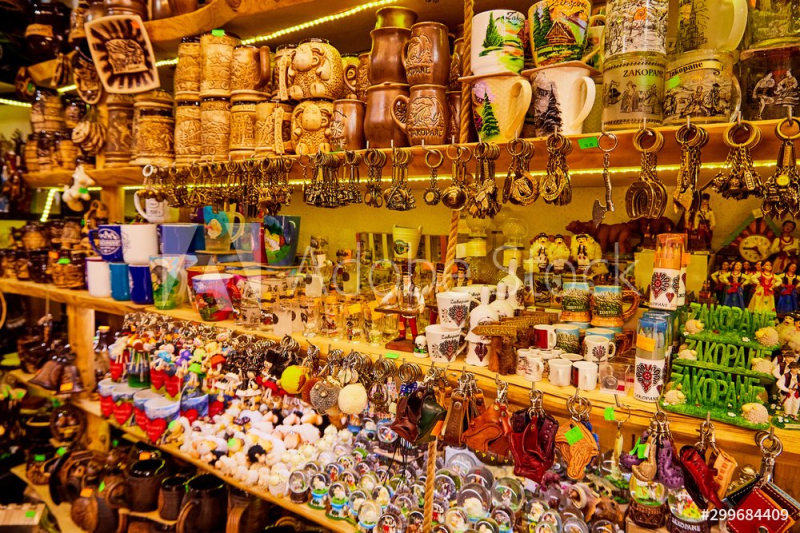
https://www.galeriadruku.com.pl -
If a Pole invites you to their home, you should be on time. You might be required to remove your shoes. If your host is wearing slippers, make sure they are. Dress sartorially. Offer to assist the hostess with the meal's preparation or cleanup afterward. This is polite behavior. The majority of the time, this will be politely declined.
Do not inquire about taking a house tour. Continental table manners dictate that you should eat with your knife in your right hand and your fork in your left hand. Attend to the hostess' invitation before beginning to eat. Family-style dining is the norm for most meals.
You can start with tiny portions, so you can accept second helpings. Try out several things. Only hard liquor is used to make toasts (generally vodka). Later on in the meal, you should toast yourself in return. Small glasses are used to serve alcohol, so you may sip it quickly.
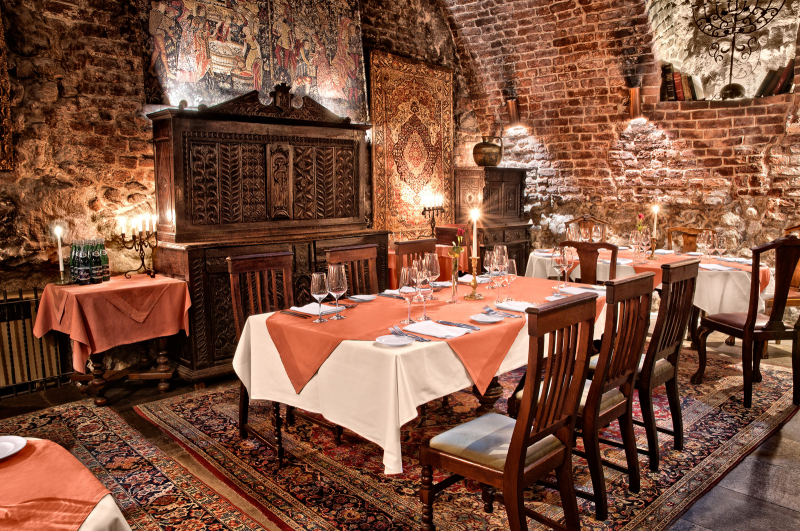
https://theuniquepoland.com/ 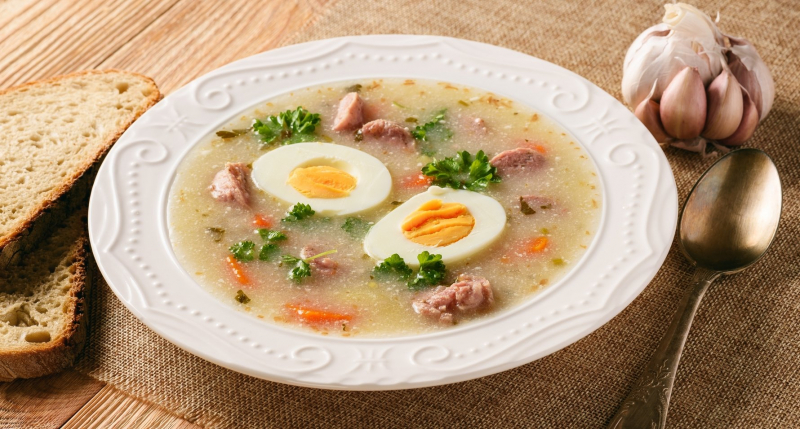
https://www.inyourpocket.com/ -
In general, Poles evaluate people based on their character traits. As a result, they enjoy taking their time to get to know others. This enables them to assess people. Since trust is the foundation of successful business relationships, honesty is highly regarded in Poland. Especially if you want a long-term commercial partnership, developing personal relationships is crucial for effective business dealings.
Poles are renowned for speaking truthfully and being direct in their communication. However, they are also incredibly perceptive to other people's emotions, and they let it guide their actions.
How they put it. Poland values direct communication, but there is also a focus on carefully crafting words to convey information in a diplomatic manner. How direct someone can be is largely dependent on the quality of the relationship.Diplomacy is given a lot of weight in freshly formed and more formal ties. After the earliest stages of a relationship have passed, people feel more at ease speaking openly to one another, and heated conversations become more frequent.
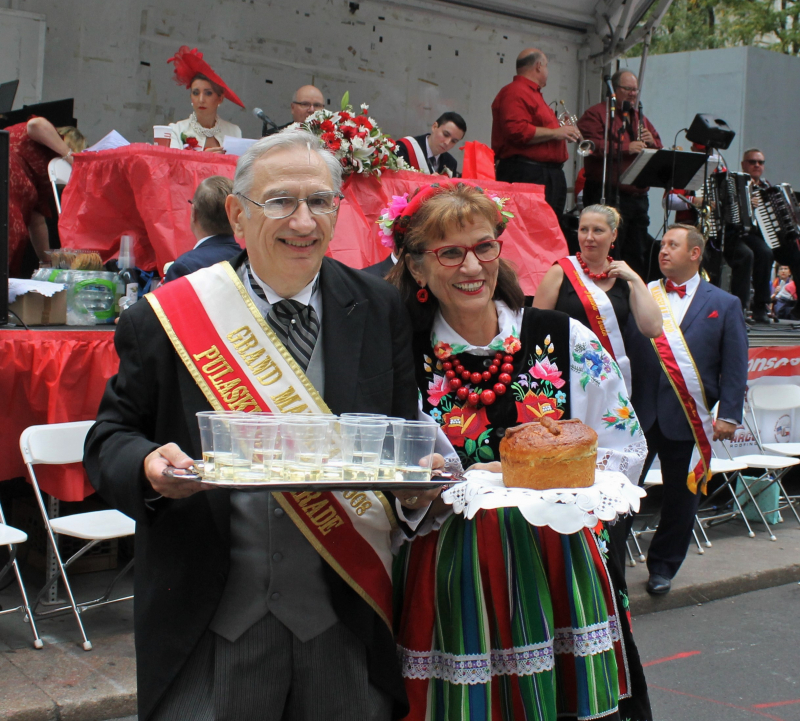
https://nycparadelife.com 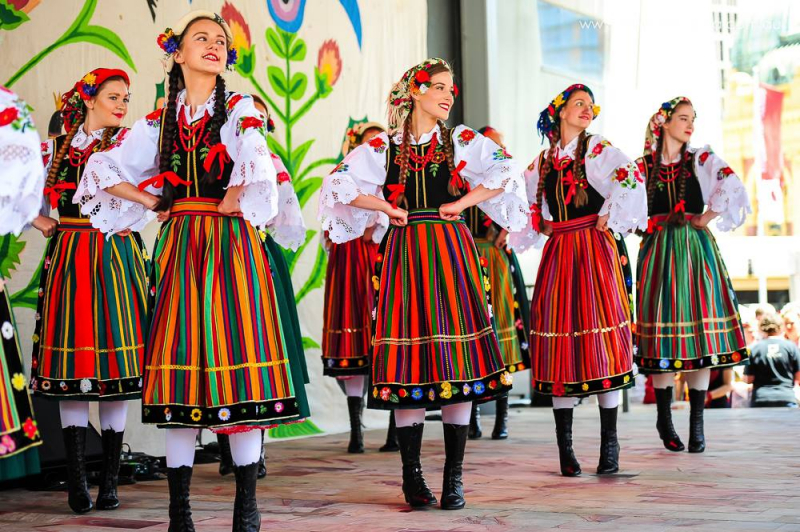
https://beat.com.au -
Typically, the most senior Pole initiates the discussion and lays the basis for what will be discussed. He might also provide an agenda for the sessions verbally. Small conversation is typical at the beginning of meetings; do not hurry things because this is an important step in developing relationships.
In fact, the first few meetings could appear to be more about small talk than business. If so, it indicates that your Polish colleagues are still evaluating you and are not yet certain of their opinions. You could want to think of this as a chance to establish that relationship and become more personal. Meetings over lunch and dinner are frequently utilized to strengthen interpersonal ties.
Meetings typically take place in a comfortable environment once a personal connection has been made. Participants should arrive well-prepared with data to support their claims because hard facts are crucial. It would be expected of foreigners to follow suit. Due to the hierarchical nature of business decision-making processes, many decisions will be made at the highest levels of the organization. Final choices are converted into exacting, thorough action actions that will be carried out exactly as agreed.
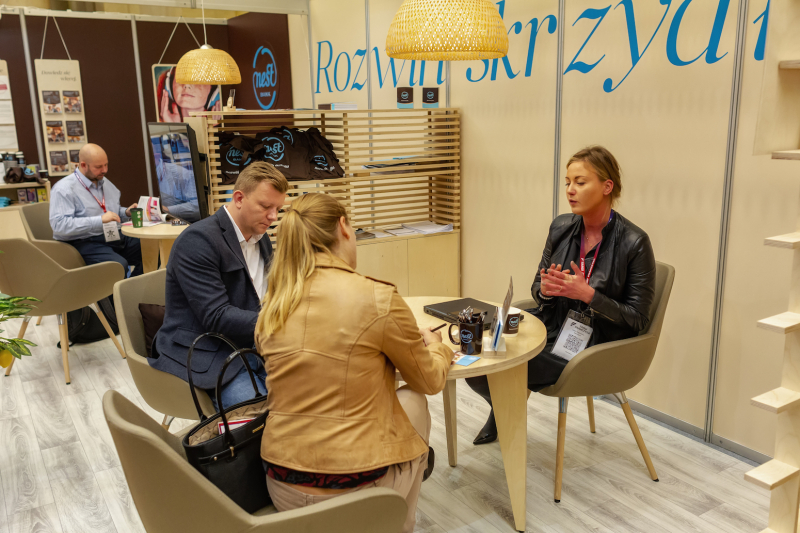
https://franchise.org.pl/ 
https://www.pinterest.com/ -
Poland has fairly conservative religious and social practices, especially in the rural where men are still frequently considered as the household's primary earner. Around 75% of Poles identify as practicing Roman Catholics.
Young urban Poles typically have more relaxed and wilder personalities than their parents. However, Poles of all ages are also friendly, enthusiastic individuals who enjoy handshakes and lively, casual talk over a vodka. Table manners are generally Western-style, and good service is typically rewarded with a 10% tip, but Poles occasionally leave less.
In Polish culture, adults must get to know one another well enough to use the equivalent of "you" when speaking to one another ("ty", equivalent to the French "tu"). The form "you" is frequently omitted when speaking to coworkers or neighbors who have known each other for years. Both women and males are referred to as "Pani" (indirect address; as Polish nouns are declined, the form of "pan" and "pani" change depending on how they are used in a sentence).
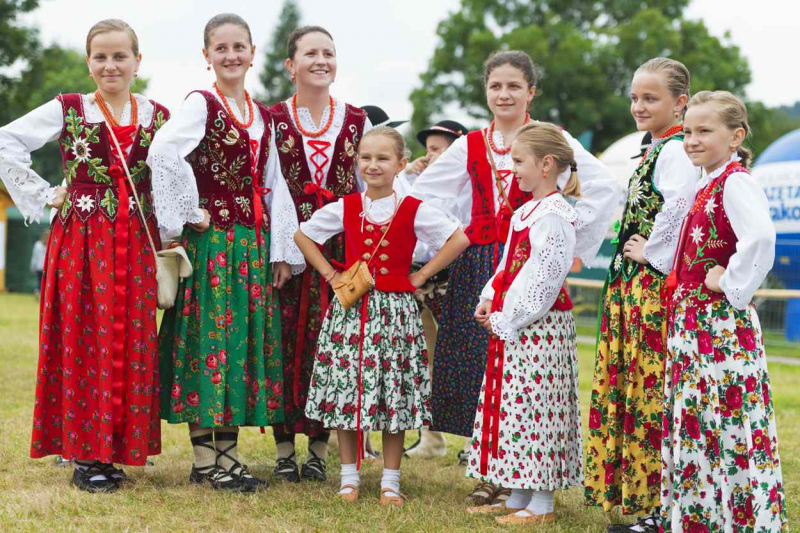
https://www.tripsavvy.com/ 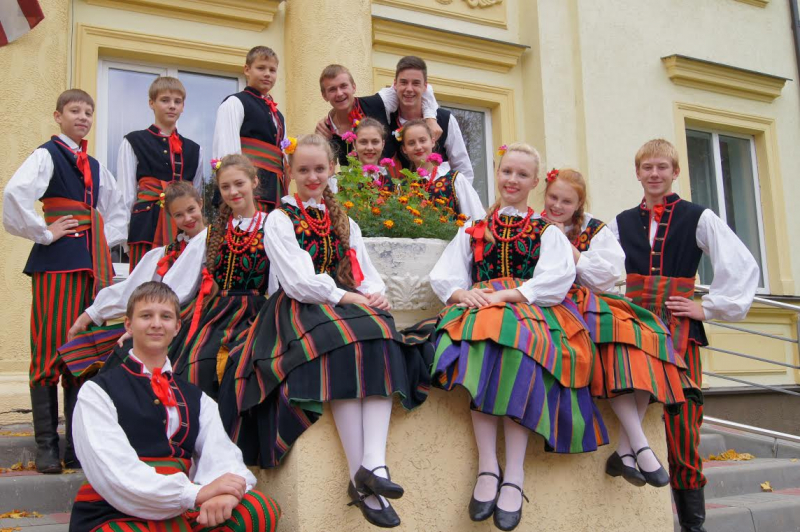
http://www.visitdaugavpils.lv/ -
You must be ready to be astounded by the extraordinary hospitality of the Polish people if you are an expat. Their extensive daily social rituals are ancient customs that are unique to their culture. The Polish culture places a high value on hospitality, so no expenses or efforts will be spared. Polish hospitality is attested to through customs like the bread and salt welcome. When you desire to reside in Poland, there are particular customs and etiquette you need to be aware of in order to receive this hospitality properly.
Poles are renowned for being nice and caring individuals with a strong feeling of obligation to one another and their families. For instance, it is crucial to provide seniors and people with disabilities special respect.
This traditional civility is still valued among Poles, especially the older ones. It is customary to say hello and farewell to people in the elevator, give up your seat to an elderly or pregnant woman, and men should move aside for women. Even a greeting kiss on a lady's hand, though less usual today, is a Polish tradition.
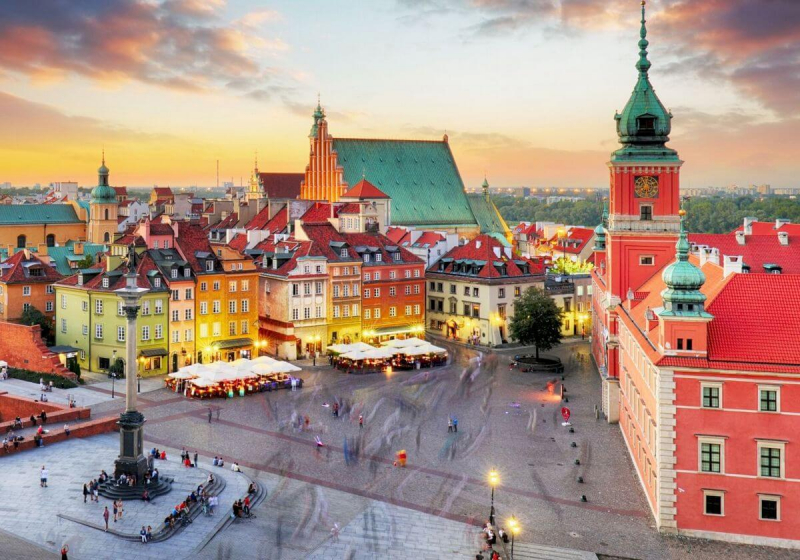
https://www.mappingmegan.com/ 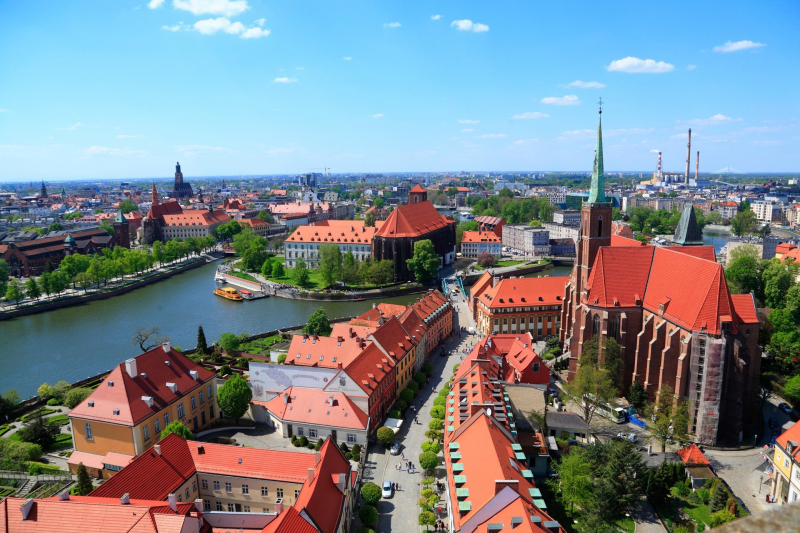
https://erasmusu.com -
For Poles, being punctual is really essential. Being late is regarded as being impolite and unsociable.
When addressing a Pole, use "Pan" for males and "Pani" for women before their last name. Calling someone by their first name is not common until they are close friends. You can say hello by shaking each person's hand separately and grinning while you do so.
It is usual to remove your shoes before entering someone's home, and you should be aware that Poles typically dislike requests for house tours. Be patient and wait until the hostess invites you to begin eating when you are having supper. Your Polish hosts really appreciate it when you sample a variety of foods.
Poles typically consume alcoholic beverages at dinner, so if you're trying to avoid alcohol, be ready to keep saying no. The host should always raise the first toast, which should always be made with hard liquor like vodka.
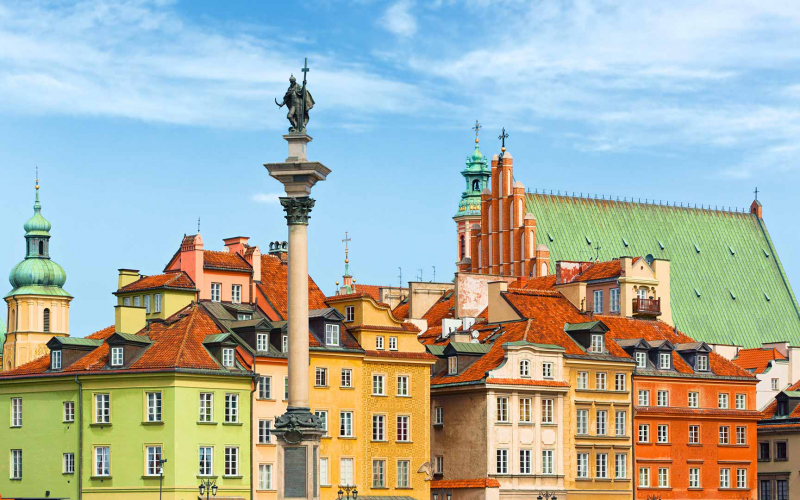
https://careers.unit4.com 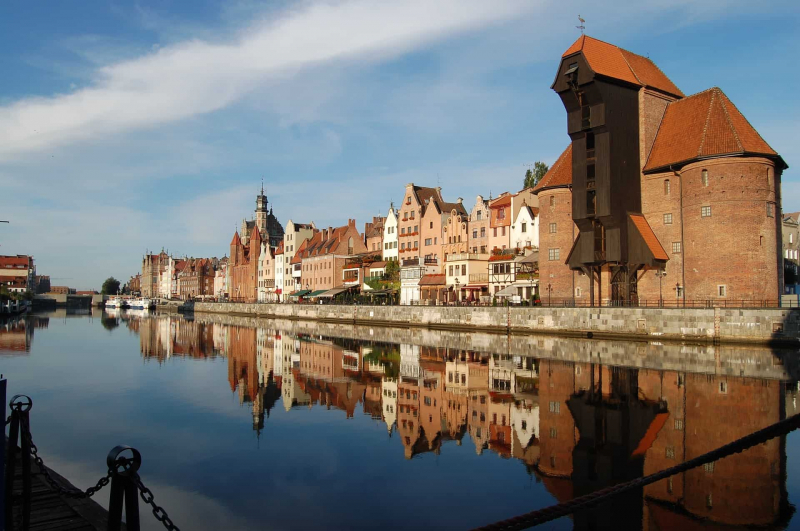
https://www.travelblissnow.com/ -
People in Poland are expected to always present themselves with a minimal air of politeness. This entails paying attention to the little things, acting thoughtfully, being helpful, and acting professionally in general. In public, casual attire may be deemed unacceptable. For instance, wearing bare feet in public is uncommon. Most people dress well.
It is considered rude to inquire about a woman's age. Some Poles (particularly the older ones) make the effort to treat women with a higher level of respect and regard. They could extend their hand to help a lady get up from her seat, extend their arm to help a woman walk, or hold or open doors for a woman.
When a woman enters the room, you should also stand up for her or offer your seat if she requests one. Those who were born after the 1960s might not find this chivalry to be as relevant. Keeping your hands in your pockets when speaking to someone is considered impolite. When sitting, avoid placing your ankle on the other knee.
A common no-no is jaywalking, drinking in public, and smoking outside of approved areas. In Poland, being late is a show of impoliteness and carelessness. In both social and professional settings, people are expected to be on time. But tardiness still happens rather frequently. Additionally, it is wise to remain adaptable because unanticipated situations can cause activities and schedules to be postponed or quickly altered.
https://hypitch.com 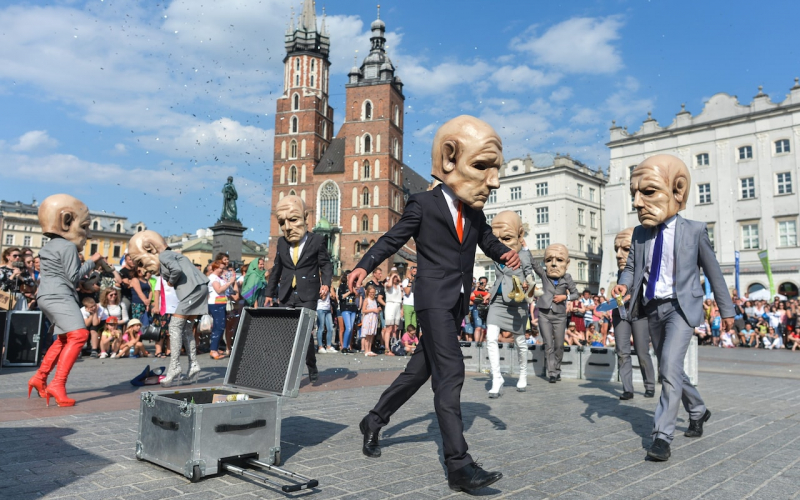
https://www.telegraph.co.uk/































